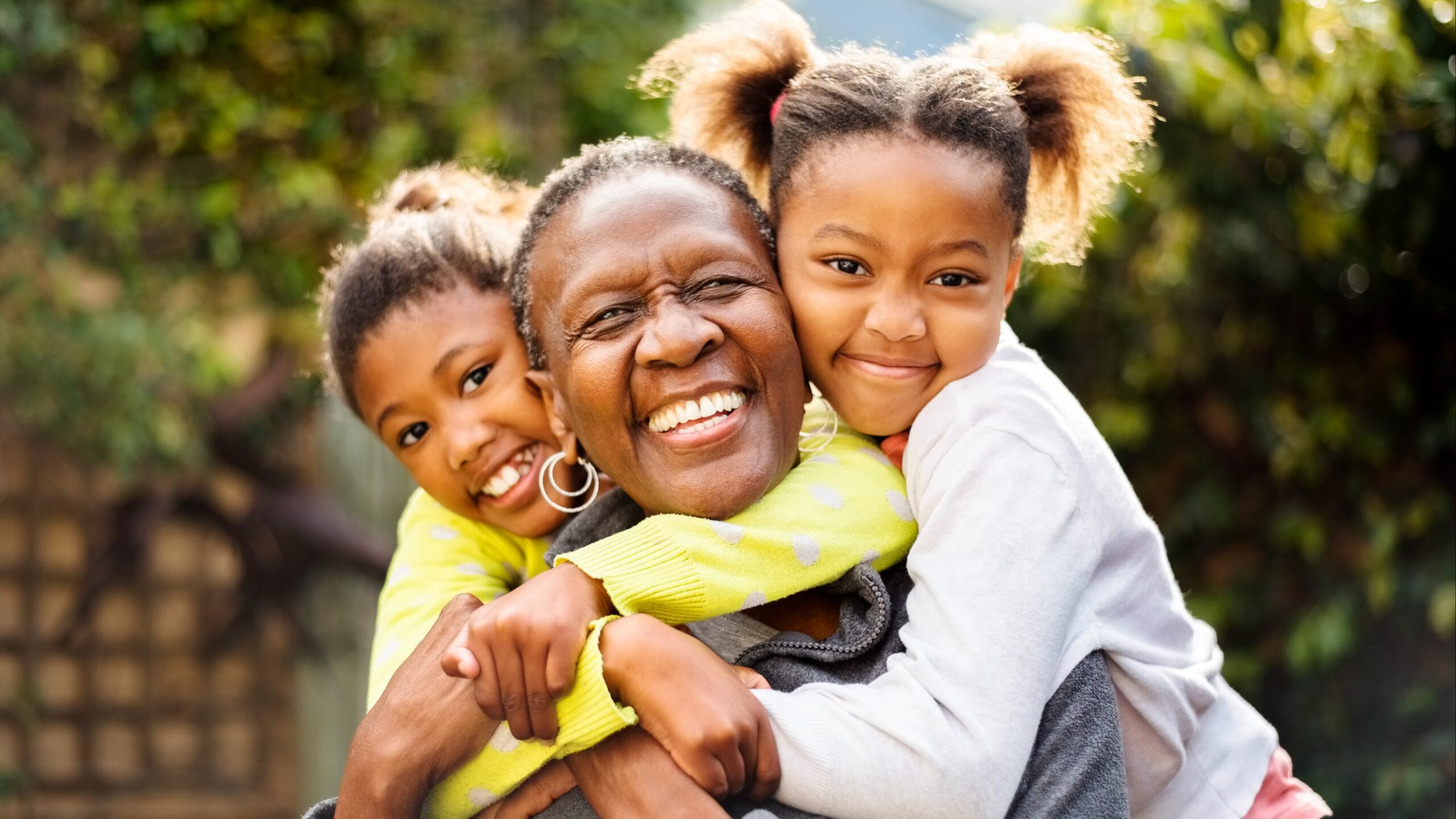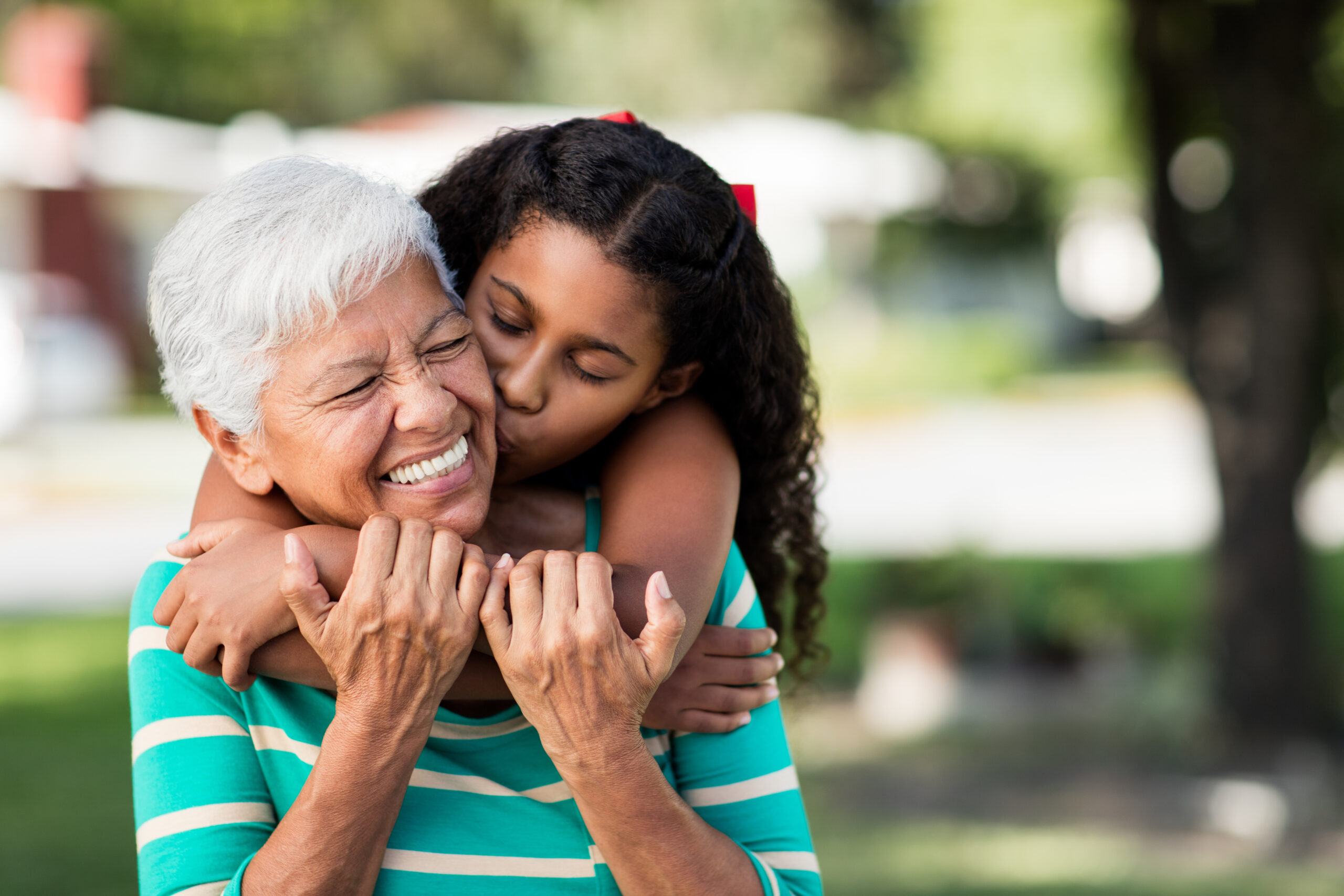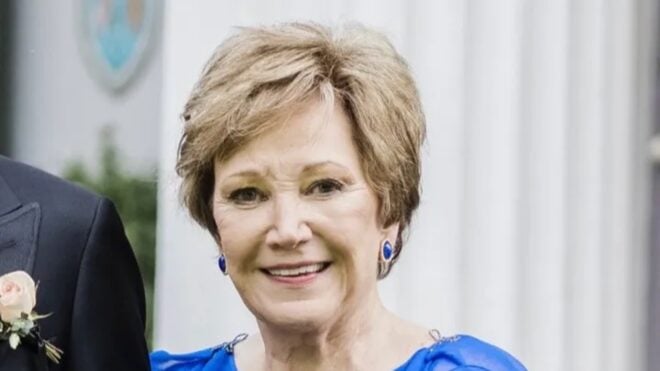
A new study out of Atlanta's Emory University has confirmed what many parents have suspected all along: Our own mothers care more about our kids than they care about us! But seriously: The study suggests that grandmothers have a connection to their grandchildren that goes beyond the connection they have with their children.
Emory's Professor James Rilling put together a group of 50 women who have at least one biological grandchild to test his theory — and here's how it went.

Professor Rilling showed the grandmothers in his study photos of their grandchildren while using functional MRIs to track what happened in their brains at the same time. The grandmothers were also shown photos of parents and children they weren't related to.

It sounds like he wasn't super surprised by the results. "What really jumps out is the activation in areas of the brain associated with emotional empathy," he explains, per USA Today. "That suggests that grandmothers are geared toward feeling what their grandchildren are feeling when they interact with them. If their grandchild is smiling, they’re feeling the child’s joy. And if their grandchild is crying, they’re feeling the child’s pain and distress."

Professor Rilling previously conducted a similar study with fathers. When shown photos of their own children, the fathers in the study showed brain activation in the same areas as the grandmothers in this new study, but often not as powerfully.

He also found that when grandmothers see photos of their grandchildren, another area of their brain is activated: the one associated with cognitive empathy. According to the study, this suggests that grandmothers are deeply interested in understanding where their grandchildren are coming from when they're expressing a feeling.

In short, this just might explain why your mom is so much more into your kids than she is into you — or it might just be because your kid is cuter. Professor Rilling says, "Young children have likely evolved traits to be able to manipulate not just the maternal brain, but the grand-maternal brain. An adult child doesn’t have the same cute 'factor,' so they may not [elicit] the same emotional response."




